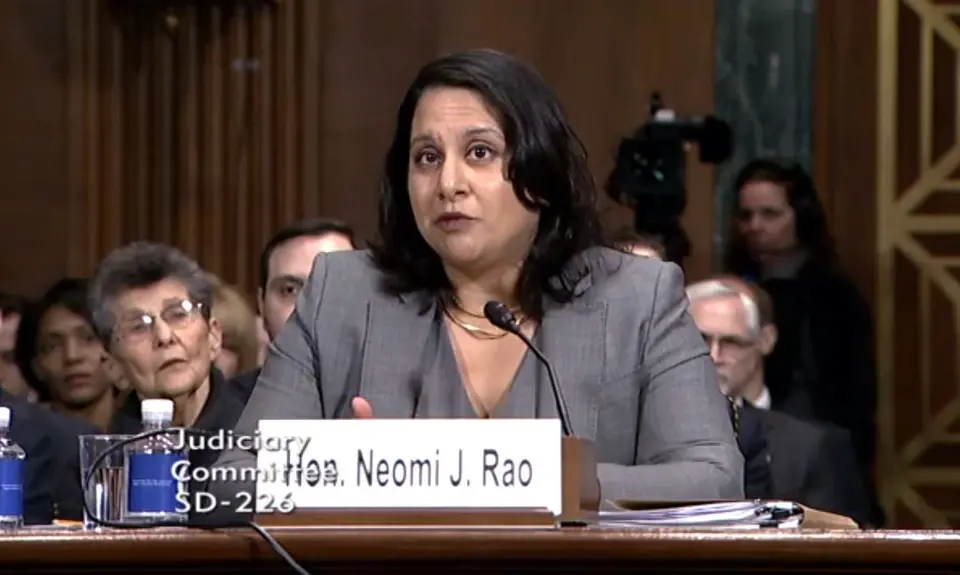At her hearing before the Senate Judiciary Committee on February 5, DC Circuit nominee Neomi Rao raised even more concerns about her views on presidential power. In response to questions from Senators Coons and Blumenthal, she refused to disavow her written views that under the Constitution, the President should be able to fire any executive branch official he wants to for any or no reason. As the Senators pointed out, she has written that Congress should not be able to limit that power by requiring that certain officials be terminated only for cause, something the Supreme Court has previously stated is within Congress’ power. The result would be that President Trump could fire the head of the Federal Reserve or even Special Counsel Robert Mueller.
Rao tried to claim that her writings were primarily in the civil context concerning administrative agencies. But she has specifically stated that she disagrees with the fundamental Supreme Court decision in Morrison v. Olson which upheld Congress’ ability to create an independent prosecutor who could not be fired by the President except for cause. In fact, a bipartisan Senate bill has attempted accomplish the same result with respect to Mueller and other special counsels. Not surprisingly, Rao did not answer questions on whether she believes that legislation is constitutional or on whether Trump could properly fire Mueller.
Rao’s primary defense was to claim that she was writing as an academic and that as a judge, she would follow established law. But other confirmed judges who share her ideology, like then-DC Circuit judge Brett Kavanaugh, have written opinions clearly disagreeing with and failing to fully respect decisions like Morrison.
Equally troubling, Rao undermined her claim about following past precedent by refusing to state whether she thought fundamental Supreme Court decisions were correct, including even Brown v. Board of Education. This contradicts assurances provided by nominees to the Supreme Court and even some of Trump’s judicial nominees.
It is worth repeating what Rao wrote in a law review article just five years ago:
“Independent discretion for executive officers,” she wrote, is “counter to the best understanding of Article II” of the Constitution. The President, she concluded, “must have the ability to remove all executive branch officers at will.”
That view, which would apply to special counsel and independent agency officials alike, is extremely dangerous for a nominee to the DC Circuit.
